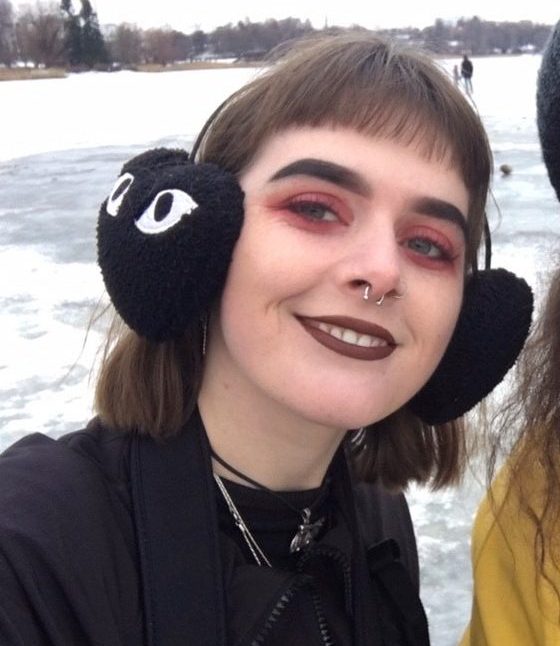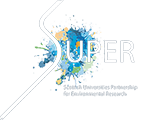
Lydia McGill, a postgraduate researcher from the first cohort, undertook a 3-month internship in 2020 with NatureScot, the lead public body responsible for advising the Scottish Government on natural heritage, where she used infaunal analyses to compare flame shell beds off the West coast of Scotland. The internship opportunity was arranged through one of Lydia’s PhD supervisors and was home-based due to Covid-19 restrictions.
Lydia shares her reflections on the experience below.
What reasons did you have for undertaking an internship?
Personal development, curiosity/personal interest, and enhancing professional skills/ improving employability.
What did your internship role involve?
I was working on a project for which data had been previously collected by NatureScot. The data included lists of species identified in grab and core samples taken from the beds of lochs on the West coast of Scotland. I had to assign ecological traits to these species, and then explore the relationships between the ecological traits present in the different lochs. This was done to investigate whether or not the different species present in the different lochs were occupying the same ecological niches – and this would help us to understand how similar/different the loch beds were.
I was mostly working as you would in a regular office, treating it almost like a Monday-Friday, 9-5 job. I was responsible for completing the project in the time-scale of the internship but I also attended various NatureScot meetings, in which I could have some input and also experience what it is like to work for the organisation. Sometimes I would update people on my progress at these meetings.
What were the main benefits to you of undertaking the internship?
One big benefit of the internship was to take time away from the PhD, which was moving very slowly due to the pandemic. It was nice to work with data again, and it helped me to refresh my R skills. I also benefitted from the internship by getting to see what it is like to work for an organisation outside of academia, which I enjoyed. This is one of the best benefits I think I got from the internship, as I got to see whether or not I felt I would be able to work somewhere like that in the future.
What opportunities for skills and personal development did the internship offer?
I got to develop the R skills which I already had, expanding on the statistical analyses which I am able to perform using the programme. I also developed my knowledge on ecology, which is quite useful when also thinking about my PhD. For personal development, I think I got a little better and more confident in communicating my research to others as I was keeping people who work at NatureScot informed and updated on my progress. I also had an opportunity to present my work after the internship had finished, at a MASTS webinar.
What were the main achievements and outcomes of the internship?
I feel that the greatest achievement of the internship was actually completing the work within the 3-month time scale, as it was a lot of work to fit into such a short time. I think that presenting the work at a MASTS webinar was also a great achievement and outcome of the internship. We are also hoping to produce a NatureScot report of the work.
Would you recommend an internship to other PGRs?
Yes, it gave a good insight into how an organisation, which I would be interested in working for in the future, works. It also allows you to expand your knowledge in an area separate from your PhD (should you wish to do something different).
I think that generally I had a very positive experience with the internship, and I think it showed that your knowledge and skills are also applicable to different areas. It also helped to show me that I can adapt and work on different projects away from that which I am specialised in. The only negatives would be that I never got to go into the actual office and meet people physically, as the pandemic would not allow this, but this was not a fault of the internship itself. NatureScot did their best to overcome this and I met many people online – maybe even more people than I would have met had I been in the office.
